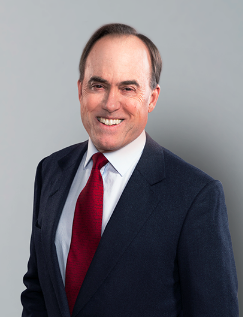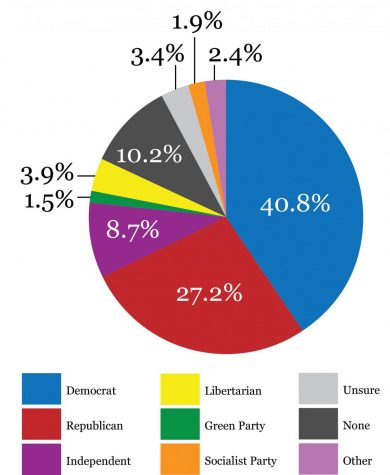Sitting Down with Senator Chris Murphy
Connecticut Senator Chris Murphy (D-CT), who was first elected to the Senate in 2012, was re-elected this November.
What inspired you to become a Senator?
I grew up in a household where my mother and father taught their kids they had to do something in their life to make other lives better. I grew up with relative economic security, a roof over my head, food on the table. My mother didn’t grow up that way; my mother grew up very poor; her family was in and out of employment,…flooded with bankruptcies, and she taught me not to take for granted all of the advantages and the privileges that I had growing up with [a] relatively secure economic blanket over me. So, I chose public service as the way that I could give back, and I’m glad I did.
You conducted one of the longest filibusters in Senate history to force a discussion of gun violence in Congress. However, there wasn’t much legislation passed as a result. How do you hope to make change this time around?
I think this debate is very different now that young people have taken a leadership role. There’s really no social change movement in this country that hasn’t been led by young people, and now the anti-gun-violence movement is being led in part by students. Unfortunately, young people don’t tend to vote in very high numbers in midterm elections, so if young voters turn out in big numbers in 2018 to elect candidates [who] are going to pass strong gun laws and defeat candidates who stand with the gun lobby, we will be able to make change on this issue. I have been working on this for five years. We have had victories, and we have also had defeats, but I feel as if we are on our way to becoming more powerful than the gun lobby is.
You’re on the Committee on Health, Education, Labor and Pensions, and you introduced the College Affordability and Innovation Act in 2015. How do you plan on continuing to make changes to education?
I think we’ve got to talk about blowing up the way we do our education. You know, the elite liberal arts degrees will always be around; the question is whether we can find faster, cheaper pathways to careers for students who don’t want to spend $70,000 a year. Right now, we have very few career-based higher-education programs, compared to other countries. In most European countries, your higher-education degree is very much connected to the job you are going to get; that’s not traditionally how we do it in the United States.
How do you believe you have most improved the lives of Connecticut citizens?
I have spent a lot of time working on the issue[s] of mental illness and addiction. We just passed a budget that puts $3.5 billion into [alleviating] the heroin and opioid epidemic. I also passed a bill two years ago that reforms many of the nation’s mental health laws. I am really proud of the mental health legislation I have passed and the new funding that we’ve secured, and I think that’s going to make a big difference in people’s lives. Everyone in Connecticut knows somebody [who] has been touched by either mental illness or addiction; these are illnesses that don’t [discriminate]; they don’t care what your political affiliation is, and I think we’re finally beginning to make some progress.
What are the best ways for the youth of America to get involved politically?
I hope that young people will go out and pick a candidate that they believe in and go work for them, whether that candidate is a Republican or a Democrat. I hope that young people will run for office themselves. I was one year out of college when I ran for my first political office, and lots of people told me that I was too young, that I was too inexperienced. They were all wrong. I had some good ideas, I had a lot of energy, and I beat the odds. So I hope the young people get engaged in campaigns this fall, and I hope young people will put their name[s] on the ballot.







